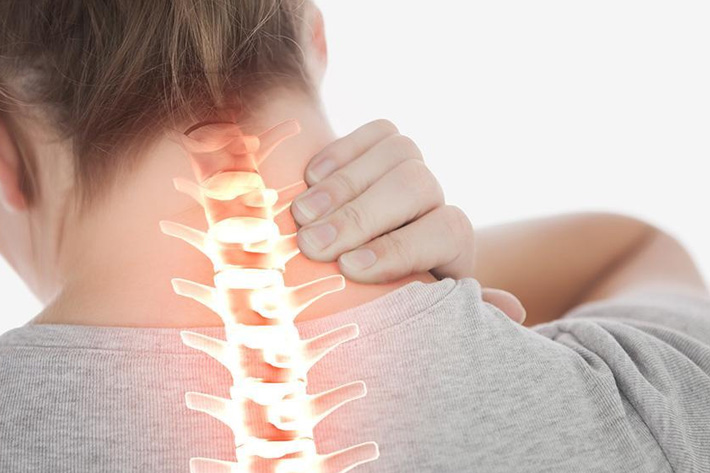Neck pain and posture are often closely related. Poor posture, especially when sitting or standing for extended periods, can contribute to neck pain and stiffness. Here are some important points to
consider:
- Posture and Alignment: Maintaining proper posture helps distribute the weight of your head and neck evenly, reducing strain on the muscles and joints. When sitting or standing, keep your shoulders back, your head aligned with your spine, and avoid slouching or hunching forward.
- Ergonomics: Ensure your workspace is ergonomically designed to support good posture. Adjust your chair, desk, and computer monitor to appropriate heights and distances. Use a chair with adequate back support and consider using a cushion or lumbar roll to maintain the natural curve of your lower back.
- Mobile Devices: Excessive use of mobile devices, such as smartphones and tablets, can lead to poor neck posture. Avoid holding your device at an angle that requires you to tilt your head forward for prolonged periods. Instead, bring the device to eye level or use a stand to reduce strain on your neck.
- Regular Breaks and Movement: Taking frequent breaks from prolonged sitting or repetitive activities can help alleviate neck pain and reduce postural strain. Stand up, stretch, and perform simple neck exercises throughout the day. Gentle range-of-motion exercises, such as neck rotations and side bends, can help maintain flexibility and reduce muscle tension.
- Strengthening Exercises: Strengthening the muscles that support your neck and upper back can help improve posture and reduce neck pain. Consult a healthcare professional or physical therapist for guidance on specific exercises that target these areas.
- Pillow and Mattress: Ensure your pillow and mattress provide a dequate support for your neck and spine while sleeping. A pillow that is too high or too flat can strain your neck. Choose a pillow that keeps your neck in a neutral position. Similarly, a supportive mattress helps maintain proper alignment while sleeping.
- Stress Management: Stress and tension can contribute to muscle tightness and neck pain. Practice stress management techniques such as deep breathing exercises, meditation, or engaging in activities you enjoy to help reduce overall stress levels.
If you experience persistent or severe neck pain, it’s important to consult a healthcare professional for a proper diagnosis and treatment plan. They can evaluate your specific situation, provide personalized recommendations, and determine if any underlying conditions may be contributing to your neck pain.





